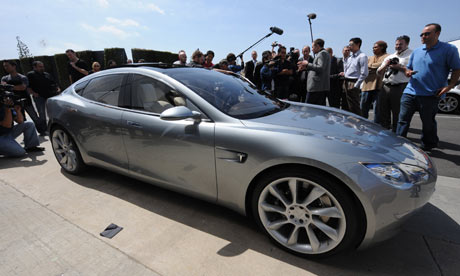
A Muslim organization has issued a fatwa over using verses from the Koran as ringtones, saying that answering the call while the aayat (verses from the Koran) is going on is a sin. It argues that people answer calls midway through the aayat, leave the verse incomplete. TechTree reports via Channel 4.
The panel of clerics in Kanpur India, also said that taking a cellphone to the toilet as it rings is a sin because aayat cannot be heard in a toilet. They also condemned the habit that people have of keeping cell phones on vibration mode while attending prayer services.
A fatwa in the Islamic faith is a religious opinion on Islamic law issued by an Islamic scholar.
Other cell phone related Fatwas:
-- A Fatwa Against Ringtones - An imam at a Mosque in Saudi Arabia issued a fatwa against mobile phones after one rang during prayers on Saturday, playing Arabic pop music.
-- Fatwa: No pictures of the bride by SMS - Cheikh Abd Al-Muhsin Al-’Obikan, a member of Saudi Arabia's Shura Council and advisor to the Ministry of Justice, has issued a fatwa forbidding a fiancé to look at pictures of his fiancée uploaded online by SMS, for fear that others could see her before their marriage.
Read original post - 'Fatwa Issued Answering Cell Phone during Aayat'
-





